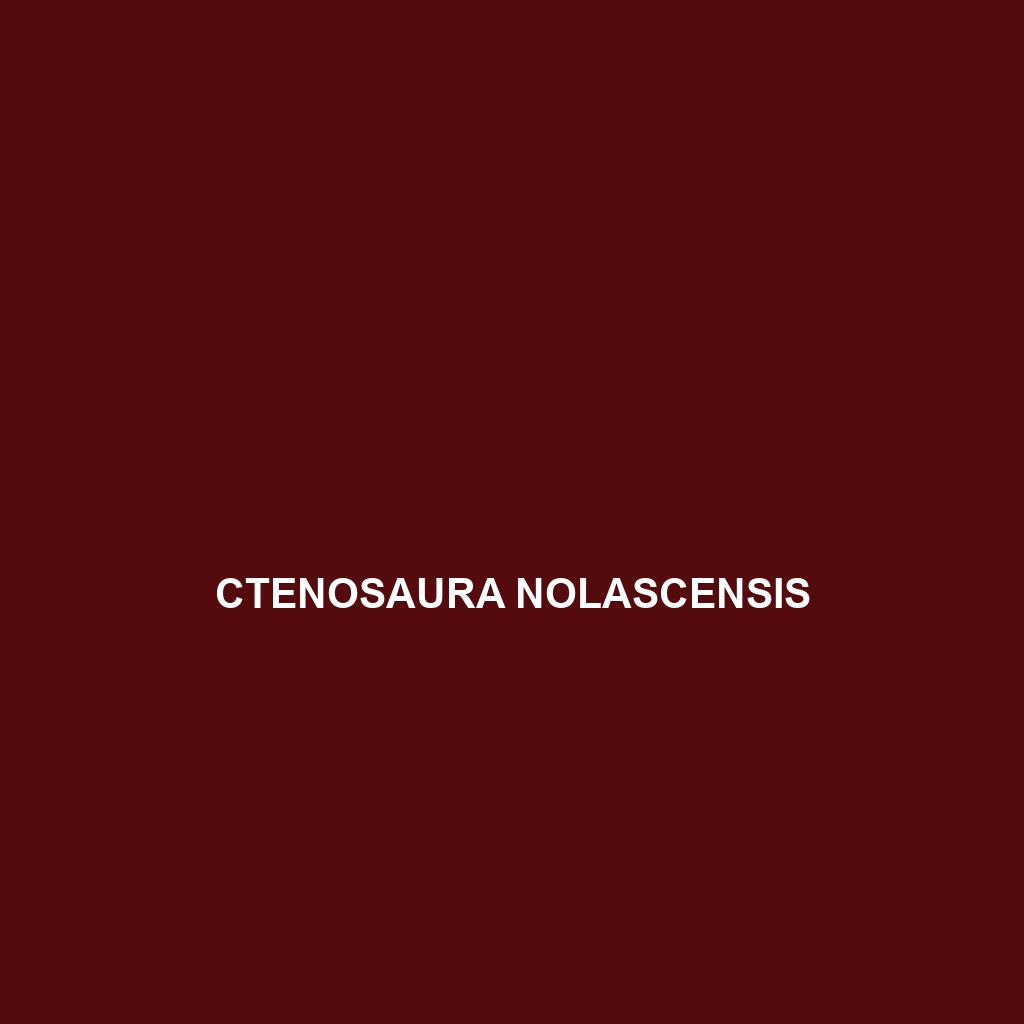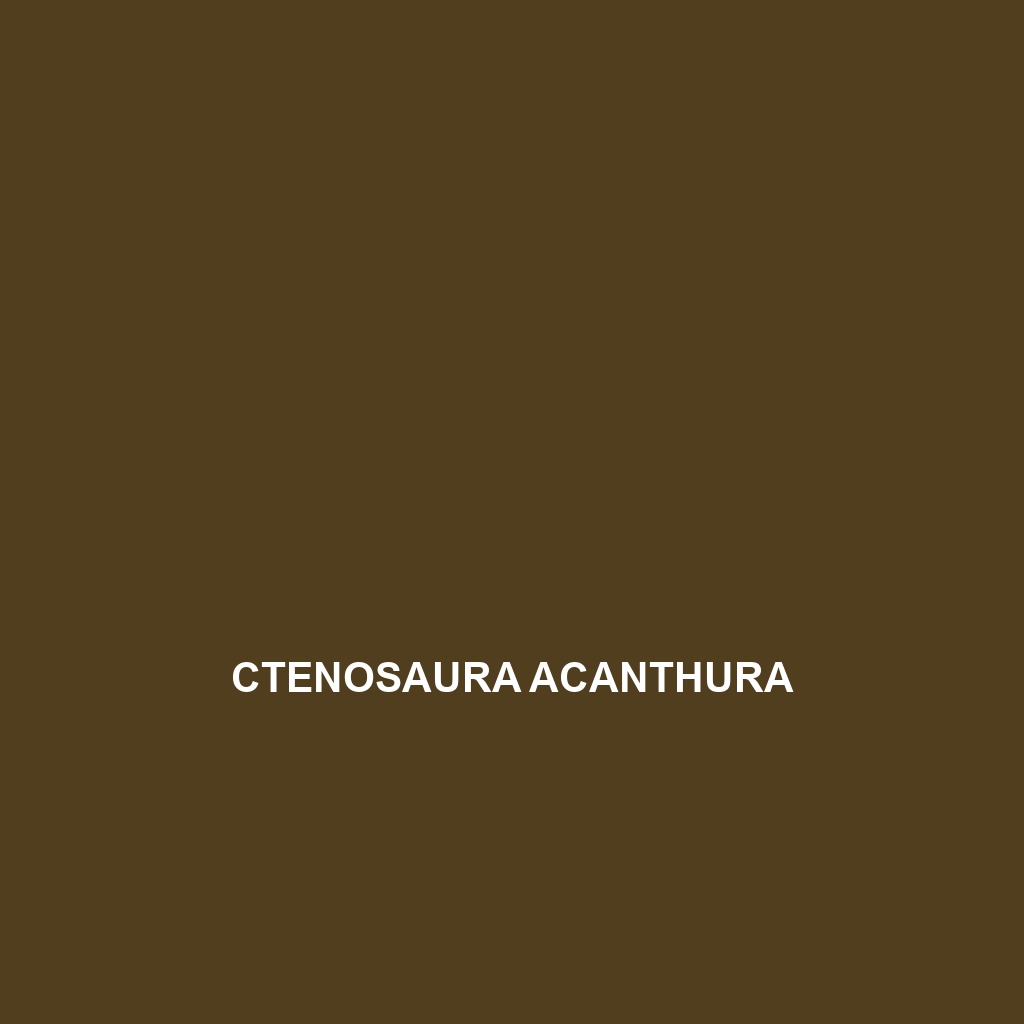Discover the unique Cyclura cychlura, or Rock Iguana, a robust herbivorous species native to the Caribbean, known for its vibrant colors, spiny crest, and vital ecological role in seed dispersal. Thriving in dry scrublands, these territorial diurnal reptiles can grow up to 24 inches long and are currently listed as vulnerable due to habitat loss and invasive species threats.
Tag: iguana habitat
Cyclura collei
The Cyclura collei, or Collie's iguana, is a large herbivorous lizard native to the rocky coastal areas and scrub forests of the Bahamas, known for its striking grey to brown coloration accented with blue or green hues, and its critical role in seed dispersal within its ecosystem. Endangered and requiring conservation efforts, this diurnal species can grow up to 1.5 meters and exhibits fascinating social behaviors and breeding habits.
Cyclura cornuta
: The Cyclura cornuta, or Ricord's iguana, is a large herbivorous lizard native to the Caribbean, particularly Hispaniola and the Bahamas. This vulnerable species thrives in rocky coastal areas and mangrove forests, exhibiting unique behaviors and adaptations that contribute to its ecosystem's health.</p>
Cyclura carinata
Discover the remarkable Cyclura carinata, also known as Ridgeway's iguana. This endangered species, found in the rocky coastal regions of the Bahamas, can reach up to 3.5 feet in length and plays a crucial role in its ecosystem as a herbivore and seed disperser.
Ctenosaura similis
The Ctenosaura similis, or black spiny-tailed iguana, is a diurnal species native to Central America's tropical regions, known for its robust body, spiny scales, and social behavior. Primarily herbivorous, it plays a crucial role in its ecosystem by aiding in seed dispersion and serving as prey for various predators.
Ctenosaura nolascensis
The Ctenosaura nolascensis, also known as the Mexican Spinytail Iguana, is a medium-sized, herbivorous lizard native to the dry forests of Mexico's Baja California Peninsula, recognized for its distinctive spiny crest and impressive climbing abilities. This species is vulnerable due to habitat loss and the pet trade, playing a vital role in its ecosystem through seed dispersal.
Ctenosaura macrolopha
Discover the Ctenosaura macrolopha, commonly known as the spiny-tailed iguana, a robust lizard from the Yucatán Peninsula that thrives in dry forests and scrublands. With its striking coloration, spiny dorsal crest, and primarily herbivorous diet, this social reptile plays a vital role in its ecosystem, contributing to plant growth and seed dispersal.
Ctenosaura clarki
Discover the Ctenosaura clarki, or Clarke's spiny-tailed iguana, a robust herbivorous species native to the tropical dry forests of Honduras and Nicaragua. With its striking coloration and unique adaptations, this vulnerable reptile plays a vital role in its ecosystem and is known for its remarkable climbing abilities and territorial behavior.</p>
Ctenosaura bakeri
Discover the Ctenosaura bakeri, or Baker's spiny-tailed iguana, a medium-sized herbivorous lizard native to the tropical dry forests and scrublands of Honduras and Nicaragua. With its distinctive spiny tail, robust body, and vibrant coloration, this vulnerable species plays a crucial role in its ecosystem by aiding in seed dispersion and maintaining plant diversity.
Ctenosaura acanthura
Discover the Ctenosaura acanthura, commonly known as the spiny-tailed iguana, a medium-sized lizard native to the tropical dry forests of Central America, characterized by its distinctive spiny dorsal crest, robust body, and a primarily herbivorous diet. With a vulnerable conservation status, this fascinating species plays a crucial role in its ecosystem as both a herbivore and prey.








